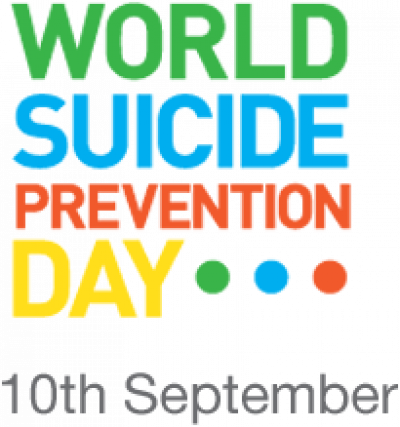The World Suicide Prevention Day is marked every year on the 10th of September to remind us all that suicide is a global issue and is preventable. Close to one million people die by suicide annually, globally; and for every death by suicide, 20-25 more have attempted, according to the World Health Organization (WHO). This figure is an under-estimation because of under-reporting which occurs due to:
i) those who ‘hide’ suicide deaths as a result of the stigma associated with it
ii) the countries that have no suicide prevention plan and no reliable statistics on causes of death
iii) countries where suicide attempt is criminalized thus discouraging reporting.
All three of these are factors in Nigeria. The WHO aims to reduce suicide deaths by 10% by 2020, but needs the collaboration of all countries, and is encouraging the decriminalization of suicide and the establishment of national initiatives on prevention.
Evidence shows that suicide is not alien to Nigeria. It is as a result of all of these that the Lagos University Teaching Hospital took the step of establishing a Suicide Research and Prevention Initiative (SURPIN) in March 2017. Since then SURPIN has been involved in many activities geared towards suicide prevention, and to mark the World Suicide Prevention Day SURPIN will be having a one-day medico-religious workshop for Christian and Islamic religious leaders (clergy, clerics, leaders and others in like-fold) to equip them on how to identify depression and the risks of suicide, towards establishing a collaborative care approach that incorporates both the spiritual and the physical. The reason for this is that the path-to-care for many people in this part of the world involves trado-religious therapy before orthodox treatment. Also many of the stressors associated with depression are issues for which people seek counseling and support from their pastor, priest, Imam, etc. Therefore these religious leaders are key to whether people who need medical treatment seek them or not. Some may only need the encouragement from the spiritual leaders, while others will need the input of orthodox medical treatment as well. The two are not in opposition if the basis of therapy is well understood. Therefore a therapeutic collaboration between the religious leaders and the healthcare practitioners will be hugely beneficial to the populace.
To achieve this there has to be a harmonization of the process, and in the specific case of depression and suicide there is a need for the religious leader to be able to spot clinical depression as against someone going through everyday challenges. SURPIN aims to achieve this through this upcoming medico-religious workshop. It is going to be a fully-loaded workshop and another blazing-trail activity by the hospital. Depression and suicide are real, and we need to tackle it as they are respectively treatable and preventable. Let us keep in mind the words of the theme for this year’s World Suicide Prevention Day: “Take a minute, change a life”.

